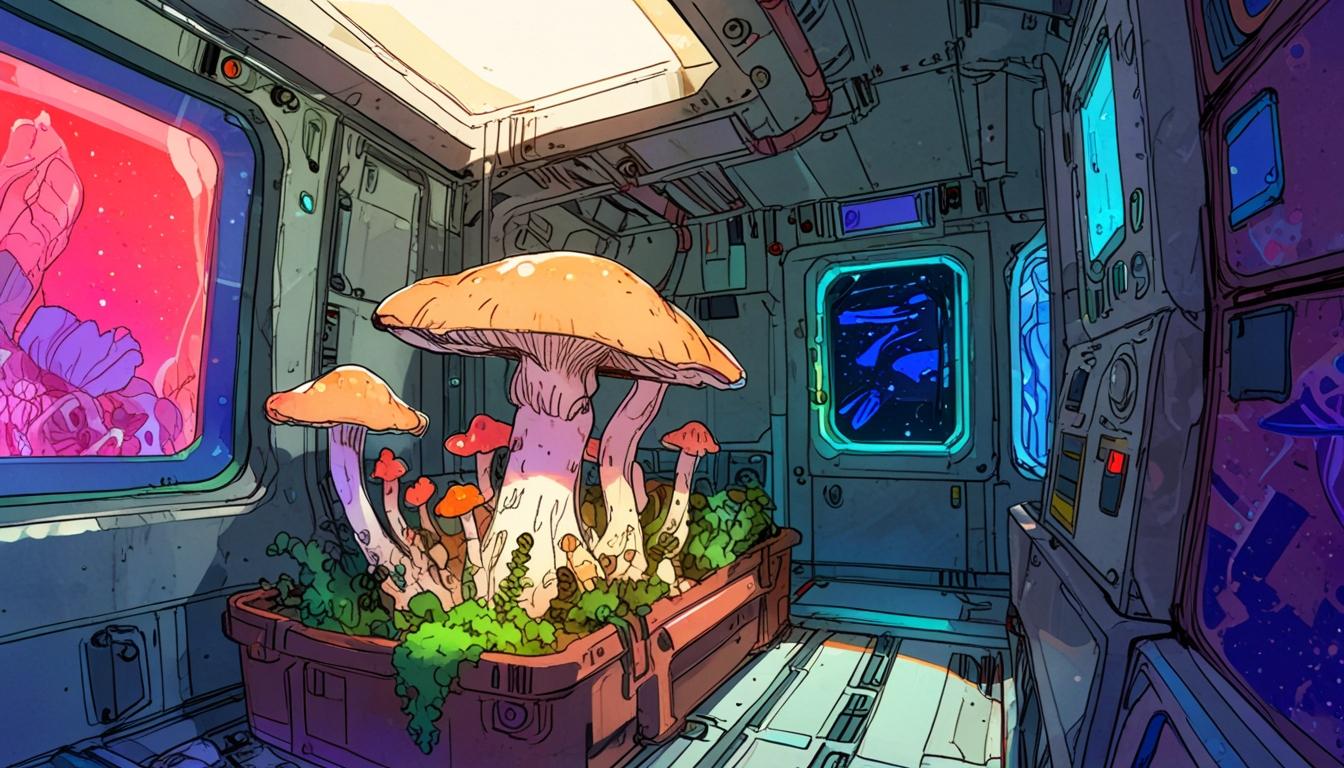Scientists are embarking on an innovative endeavour known as Mission MushVroom, which seeks to determine whether oyster mushrooms can successfully grow and fruit in the unique conditions of space. This initiative is a component of SpaceX's Fram2 mission and is spearheaded by Dr Flávia Fayet-Moore, the CEO of FOODiQ Global and a specialist in space nutrition.
Oyster mushrooms offer significant advantages as a potential food source for astronauts. They can grow in compact environments, require minimal water, and do not need sunlight. This makes them distinctly different from many conventional crops grown on Earth. Mushrooms are not only fully edible but also packed with essential nutrients, including B vitamins, selenium, and copper.
"Edible mushrooms like oyster offer unique agricultural applications and nutritional benefits—making them the perfect space crop," Dr Fayet-Moore stated in an interview with Food and Wine. This model of "grow, pick, and eat" aligns well with the constraints of space missions, particularly where cooking facilities may not be available.
Mushrooms also serve as a valuable source of vitamin D, a nutrient of particular importance for astronauts. According to Dr Fayet-Moore, "What's exciting about mushrooms is that they can produce 100% of an astronaut's daily vitamin D requirement in just about 100 grams. That's significant in space, where vitamin D is the only supplement currently given to astronauts in low Earth orbit."
The experiment involves preparing colonised substrate blocks and mycelium tubes to observe the growth process and the potential for fruiting in a microgravity environment. In addition to growth rates, the research team will investigate any physical, biochemical, or genetic differences between space-grown mushrooms and those cultivated on Earth.
The implications of this research extend beyond space exploration. Dr Fayet-Moore noted, "If we can grow mushrooms and other crops in these confined, controlled environments, it could help advance urban agriculture here on Earth." As global food security becomes increasingly critical—particularly with projections that the world population may reach 10 billion by 2050—this line of research could prove transformative.
The work being done through Mission MushVroom connects advancements in space biology with pressing challenges in food production. As the space industry continues to influence dietary innovations, mushrooms might become a key player in both space missions and urban farming initiatives worldwide.
Source: Noah Wire Services
